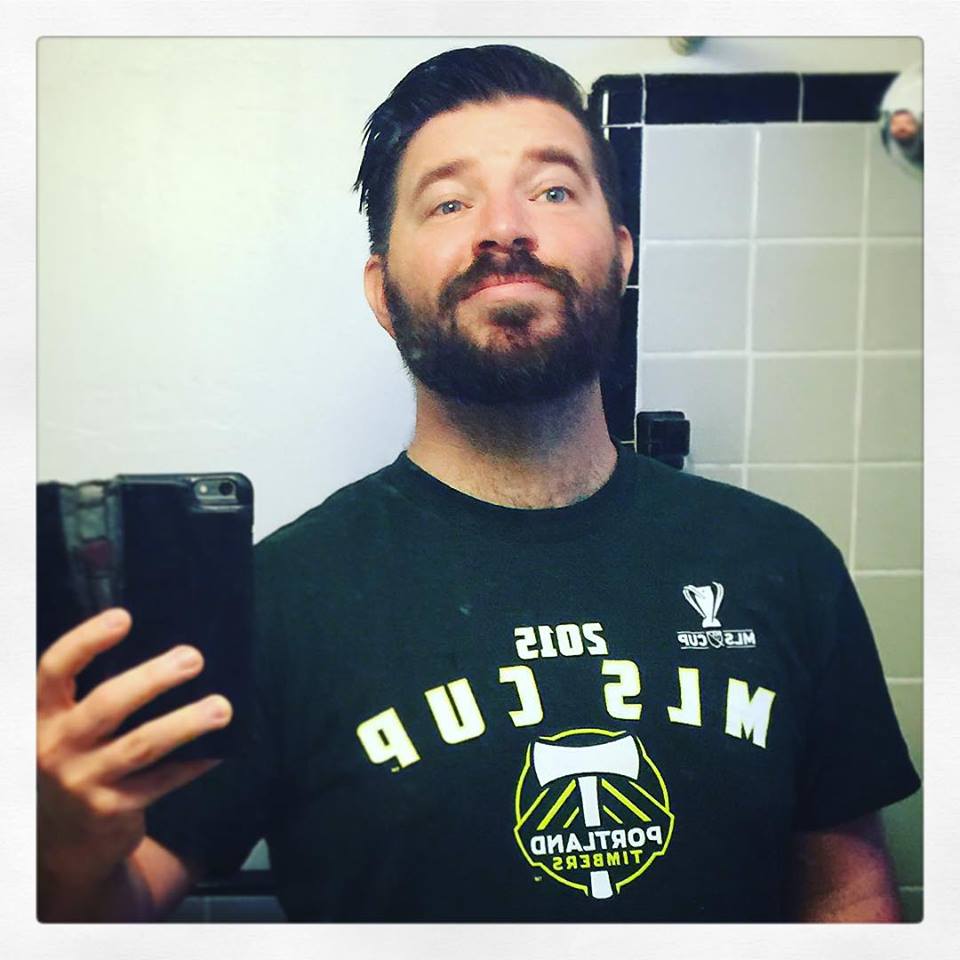The other quarterback worth noting is Tuffy Leemans. Leemans is considered the greatest athlete to ever attend George Washington, but he started his college career at Oregon. Here's a little about him from the GW Hatchett, the George Washington newspaper:
In a time when numbers were much less inflated than they are today, and being a back was about as specific as you could get about positions, Leemans ran for a GW-record 2,382 yards on a record 490 carries during his three-year career. As he wowed the packed houses at Griffith Stadium in the heyday of GW football, he led GW to some of its greatest gridiron success (the team went 17-9-2 in his career with wins over Auburn and Oklahoma). Along the way, he also set school records for carries (207) and yards (1,054) in a season.And here's some more about him from the Professional Football Researchers Association:
He was All-District and All-Eastern his last two years and honorable mention All-American his senior year. In addition, he was a proficient passer and punter, and he also starred for the basketball team.
As a 195-pound, 6-foot back, he was actually rather stocky for the time. It was everyone�s lament at GW that if the shifty, savvy Leemans only had some blocking, he could really do something.
Tuffy found that blocking with the New York Giants. After a stunning most valuable player performance in the College All-Star game at Chicago�s Soldier Field, he joined the Giants for the 1936 season and promptly led the league in rushing.
During eight seasons and 80 games, he would rush for 3,142 yards, pass for 2,324 and receive for 442. He had 16 touchdown passes and averaged 14 yards per punt return. He was All-NFL in 1936 and 1939.
December 7, 1941, was �Tuffy� Leemans Day at the Polo Grounds. The 55,051 fans only learned after the game that Pearl Harbor had been bombed.
In 1978, he was inducted into the Pro Football Hall of Fame. A year later, he died at the age of 66.
For the next three years, Tuffy was virtually a one-man show, a true running- passing-kicking yriple threat, as the Colonials played competitively against such powerhouses as LSU, Alabama, Rice, Vanderbilt, Tennessee and Oklahoma. As a senior, Leemans was the team captain.At that same site I discovered the reason that Leemans left Oregon. The coach who recruited him to Oregon from his high school in Wisconsin took the job at George Washington, so Leemans followed him there.
Still it is doubtful that the pros would have been knocking at his door had it not been for a young high school boy on vacation in Washington who caught a terrific Leemans perfomance against Alabama in 1935. That young man was Wellington Mara, whose father Tim owned the Giants. Young Wellington, who is now the Giants' president, reported back to his father that Tuffy was a prospect the Giants must sign once he was eligible.
"If I am remembered for nothing else, I'd like to be remembered for discovering Tuffy Leemans," Mara once said. "It's a good thing the Redskine didn't move to Washington until 1937 or we could never have gotten Tuffy."
The NFL employed its first college draft in 1936 and Tuffy was the Giants' second-round choice.
George Shaw was drafted by the Baltimore Colts in 1955. That was the same year that Johnny Unitas was drafted by the Pittsburgh Steelers. Unitas ended up with the Colts the next year, and by 1958 had shown himself to be an amazing quarterback. Shaw had a decent first year, but didn't stand a chance to remain the Colts QB once Unitas had proven himself. Shaw was the backup quarterback for the Colts in the NFL championship game against the Giants, and then was on the Giants squad that lost to the Colts again the next year.
Those are a few of the stories that I found interesting as I was researching how Oregon quarterbacks have fared in the NFL. Before I post the W-L record, which is proving really difficult to find, I'm going to post the combined QB rating of the Oregon quarterbacks in the NFL.



No comments:
Post a Comment